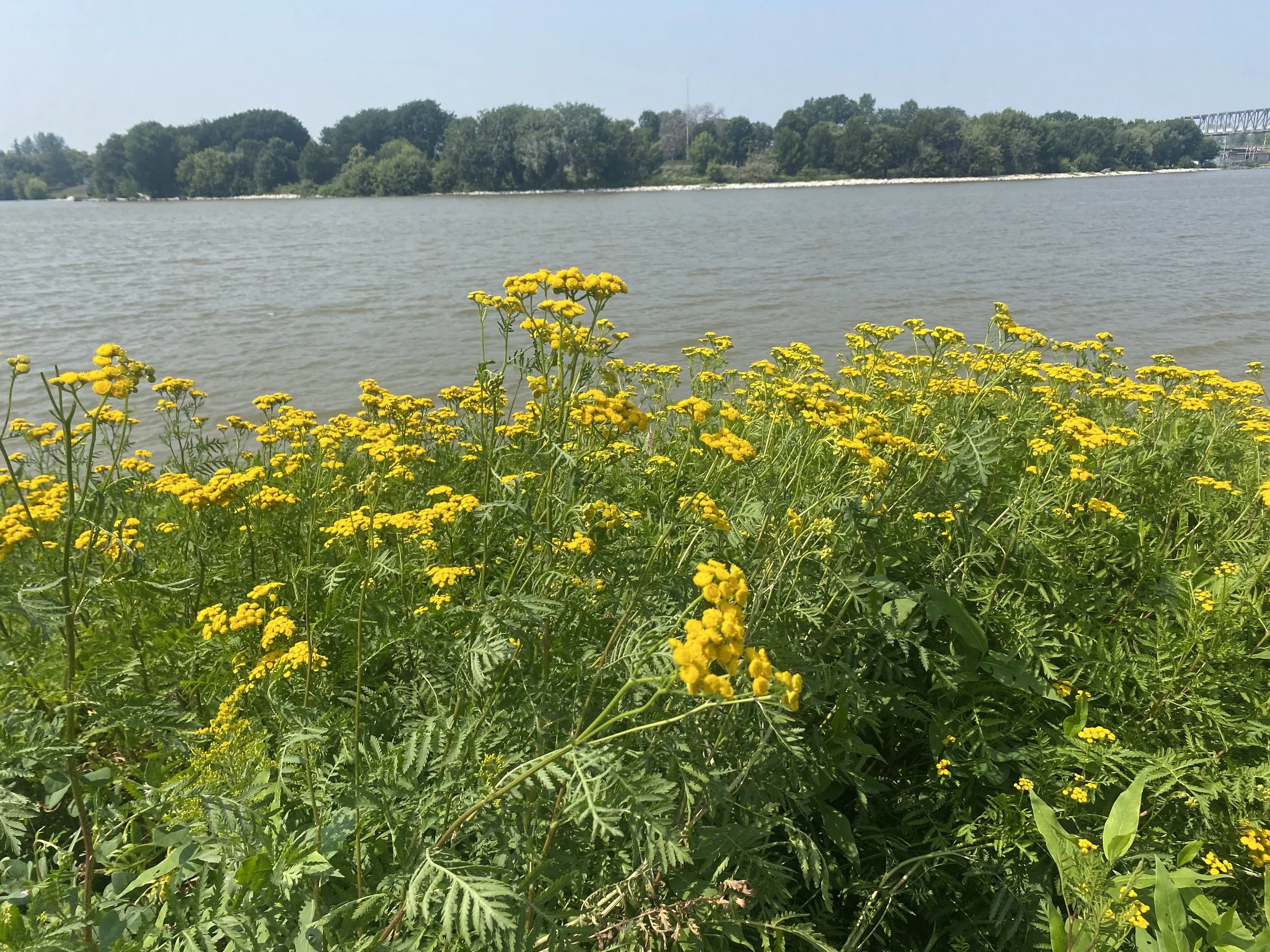riding in cars with ghosts
“Do you talk to your parents?”
That was the question that sparked it all.
Time for me to come out to my parents.
Easier said than done when they’re both gone — and when hiding from them has been your lifelong habit.
I grew up in a home where emotions weren’t talked about. I knew, without a doubt, that my parents loved me and would do whatever they could to protect and care for me. But they didn’t know how to express their own emotions, let alone tend to mine. I learned to hide what I was feeling, what I was questioning, and what I truly believed — any aspects of my difference.
We attended a fundamentalist church with very clear rules about what to believe and how to act. Around age 19, I started realizing I no longer aligned with the theology of my community. Still, I kept most of my questioning to myself, afraid of losing my place of belonging.
Mine was a slow deconstruction, stretching over 15 years, with the biggest shifts happening after my dad died in 2014. His loss cracked me open. It pushed me into deeper questioning and self-discovery, and for the first time I could be more honest with myself. That honesty spread to my friends, the first to hear my evolving beliefs and identity. I grew bolder in many parts of my life, yet around my mom, parts of me always stayed hidden in the closet.
One of my deepest griefs has been knowing I couldn’t share all of myself with my parents. That they never knew certain parts of me. That they would never experience my spirituality — so open, vast, juicy, enlivening. That they would never know about my later-in-life discovery of queerness — a source of joy and solace I treasure. My mom has now been gone for two and a half years, and this grief has become a steadfast companion.
But when I was asked that question — “Do you talk to your parents?” — I realized something new. Maybe it wasn’t too late. I could still come out of hiding. I could say all the things I never said, even if I didn’t know where those words were landing.
I had originally planned to have this conversation on a road trip up north — a trip that never happened because of a back injury that made long drives impossible. A road trip felt perfect, though, since driving was my parents’ absolute favourite thing. They loved a trek, whether it was a cross-country adventure or something as small as the Lockport Loop.
And then it came to me: I could still do the Lockport Loop.
So I did. I set aside the day, driving the hour-long loop at my own pace, stopping whenever my back called out for a break, or my heart remembered another favourite spot.
I talked. I cried. I journaled, wrote poetry, sat with old memories. Most importantly, I spoke my truth. I came out in all the ways I had long needed to.
With tears streaming down my face, I said aloud:
“Mom and Dad, I love you, but I have been hiding. I’m different — maybe I’ve always been. My faith is more expansive. I’m not the Christian you wanted me to be. I’m queer. I think I’ve always been different.”
And then it hit me: maybe they always knew, at least a little. Maybe they just didn’t know how to ask, how to open the door, how to seek me out. It was like we were playing hide-and-seek, but none of us knew all the rules. They knew you were supposed to hide, but didn’t know how to seek me. And I never knew how to come out of hiding.
The really beautiful thing is that since this roadtrip with my parents I feel different.
I feel lighter. Braver. Clearer.
The grief is still here — it always will be — but it no longer weighs me down in the same way.
Friend, it’s not too late to “come out” — in whatever ways you need to. Maybe, like me, you’ve never felt safe sharing your full self with family. Maybe it’s still not safe, and that’s okay. My re-introduction to my parents came after they died. There’s no one right way to come out. Maybe you write a letter or create a voice note that you hold until you are ready (if ever) to send. What matters is giving your truth some form of expression.
And if this is you, please know you’re not alone.
And if you’re longing for support as you untangle your story, you don’t have to do it alone. I’m here to help you sift through the mess of deconstruction, and support you as you tune in to your inner knowing and begin to get louder and clearer about your unique path forward.
You can journey with me in two ways:
Deconstruction Support Group: Rebuild & Reclaim — a 4-month small community for those navigating religious deconstruction, spiritual trauma, complex family relationships and reconnecting to your own authority.
1-on-1 Spiritual Direction — personalized space to discover your own voice, trust your intuition, and become more attuned to your inner wisdom — mind, heart, and body.
so much love,
Ramona




